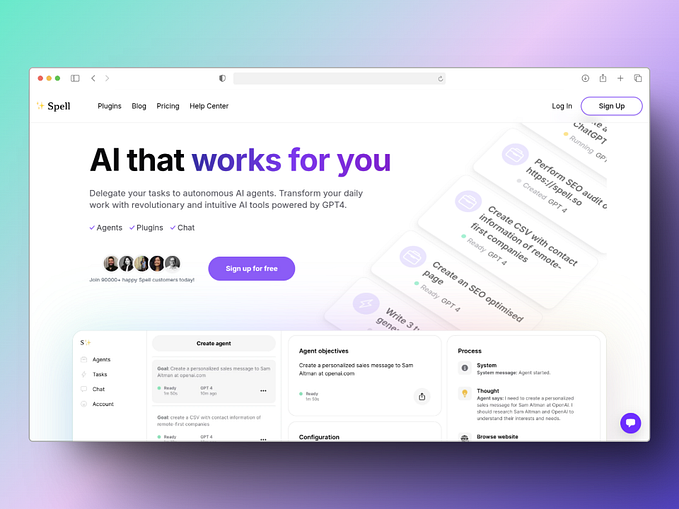Zuckerberg’s Bet

Tens of billions spent and years of research and development wasted with nothing to show for it. Facebook’s Metaverse (or Meta’s Metaverse, which just might be too perfect to be true) is a colossal failure by every measure. Reports state that there are less than a few dozen making use of the virtual world at any given time and that they are having trouble holding on to visitors for more than a few weeks before they abandon it completely. That’s probably just fine for the company’s CEO Mark Zuckerberg.
Given his history as the founder of Facebook and one of the youngest billionaires on record who helped pioneer modern social media, it’s unlikely that Mark is quite so dumb. He saw a trend and capitalized on a generation’s desire to reach out and connect with one another in a way none had before. He knew what we wanted and, more importantly, knew it before the rest of us did. So how did he end up falling flat on his face with the Metaverse?
This has happened before. A genius or trailblazer will create something that truly transforms our landscape before attempting to do so a second time and failing miserably. The sequel is never as good as the original and your favourite artist has lost his touch after those first few albums. You never heard of Quibi even though it was created by the guy who made Disney into what it is today and investors poured billions into the project. It died so quickly that you didn’t even get the chance to download it. The Metaverse seems to be shaping up and losing altitude in much the same way.
What’s equally as likely is that Zuckerberg didn’t expect to make any money or even have much interest right away. In all probability, he knows that this venture has no real world application quite yet but still chose to direct his company’s vast resources toward getting it ready for when the rest of us might want to dive headfirst into a reality quite dissimilar to our own.
Zuckerberg believes that things are going to get much worse.
Not things in cyberspace or things in our flailing political establishments. Things overall. It’s no secret that day to day life has diminished significantly in quality over the past few years. It has also reduced in quantity as well, with the average lifespan in the US falling for the first time in decades. We’re seeing war in Europe again, dictators abroad acting with even less restraint, and living under the specter of a virus that has resulted in the collapse of our healthcare systems and the trampling of our personal freedoms. The good times are over.
Facebook’s business model changed throughout the course of its development. The early days saw them simply selling your personal information and then moving on to generating ad revenue by driving engagement through outrage-inducing content which was far more likely to have you spend time on the platform. The secret death of your privacy was seen as a fair price to pay because you wanted a way to connect with friends and loved ones. Later, it became far more economical to consistently show you content which angered or frustrated or outraged you. The mental health impacts generated from the constant stream of negativity and the irreparable damage done to our society’s ability to communicate and live harmoniously were again seen as a fair price to pay. Mainly because they aren’t paying it — you are. Software engineers working at the company have openly admitted that they never allow their children to use it. More than one whistleblower has come forward with proof that the company knows the harm it is causing but carries on. Meta is one of the largest and most traded companies in the world. To be clear, Meta’s business model is misery and misery is good business.
Now Mark has an alternative to the world that has left you anxious, depressed, and barely making your monthly payments while fully expecting environmental collapse within your lifetime. Just teetering on the edge of financial ruin and exhausted by a job where its separation from your home life has been conveniently obliterated.
Would you like to know more about the pretty world of sunshine and rainbows? Maybe not yet, but we’ll talk again when the next recession hits like no other before.
Escapism is the understandable remedy of choice when things become unbearable. We see this in the skyrocketing rates of opioid abuse throughout newly economically depressed communities across the US. We saw it during quarantine (and are still seeing it among those who are still locked down) as people’s use of streaming services increased to compensate for the lack of a livable world. Even when among family and friends, we tend to choose alternatives to reality in a bid to survive. Today we face more simultaneous problems than the last few generations in addition to an unprecedented new reality of lockdowns, inflation, broken supply chains, mental health crises, and war. Is it any wonder that a magical new land is being made ready for your arrival?
The Metaverse is colourful and fun. It offers games and meeting places for people the world over. You can choose your avatar and present yourself to this world as you wish without the confines of genetics or time. Your debt, your health, your obligations, and your social status are irrelevant. The decay taking place right outside your door has no bearing here. It may seem premature to believe that some would even consider this, but it’s ready and waiting for new visitors and our technocrats have all the time and money in the world for you to take an interest.
The good news? Meta is having trouble explaining where much of the money went while developing the Metaverse. So this might not be a billionaire setting up to enrich himself further with your misery. Not another powerful and influential person who is incentivized to help keep things as they are. It might just be Mark and friends engaging in good old fashioned corporate theft.
One can only hope.








